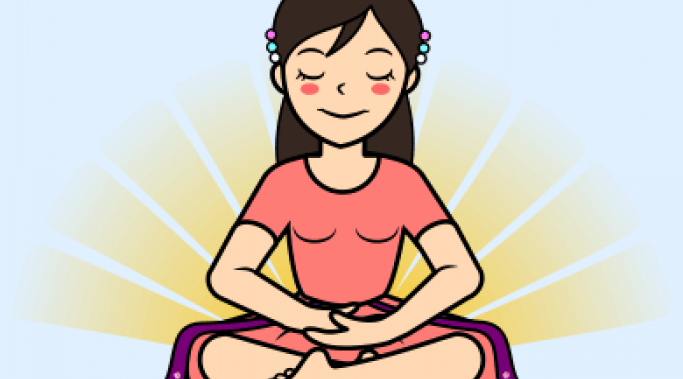Blogs
Grounding techniques for anxiety can be very helpful in posttraumatic stress disorder (PTSD) recovery. The anxiety that those of us with PTSD suffer can be frightening and frustrating; whether it comes in the form of flashbacks, nightmares, or full-blown panic attacks. Using grounding techniques for anxiety in PTSD recovery to remind ourselves that we are alright, and in no imminent danger, is one way to help.
I know it sounds weird when a blogger says “don’t talk to a blogger for help.” After all, aren’t we in it to help? Don’t we want comments? In fact, it’s true; I do hope to help people and I do love to see the comments of my readers. But if you’re in serious mental illness distress, you need to take an action step and not talk to a bipolar blogger.
One thing that has a bad reputation, even within the mental health community, is self-diagnosis but I think that self-diagnosis of mental illness should be destigmatized. I have seen posts that suggest people who self-diagnose are just attention-seekers who give a bad name to mental health and those who suffer with mental illnesses. Especially in the day and age when Googling symptoms can sometimes lead to really extravagant diagnoses, it seems perhaps better to just avoid self-diagnosis at all but destigmatizing self-diagnosis of mental illness may be a good thing.
When you're first told you have binge eating disorder it can be very scary, but getting your binge eating diagnosis can be a good thing. Once you're diagnosed you can get help and support for your disorder. It also affirms that the way you eat and the feelings you get from eating are not average and you don't have to continue to suffer. A binge eating diagnosis is not the ending of your story. It's just the beginning and a binge eating disorder diagnosis can be a good thing.
It's unlikely that the creators of the wildly popular AMC show The Walking Dead designed it to give people lessons on anxiety. Unbeknownst to them, however, zombies are actually an ideal metaphor for anxiety. Don't watch the show? No problem. No matter your degree of fandom for the show, The Walking Dead can definitely teach us about anxiety. Take a deep breath, conjure up images of zombies, and read on to learn important lessons on anxiety.
I’ve always wanted to be a person who regularly meditates so I decided to learn meditation for beginners. I didn’t know where to start, but after a quick search I found several HealthyPlace.com meditation resources and many other websites that teach beginner meditation.
Self-care involves taking care of your physical, mental, and emotional needs, and is especially important for people with dissociative identity disorder (DID). One component of self-care that is essential for people with DID to practice is setting boundaries. Healthy boundaries are necessary in order to maintain good health. Setting these boundaries and communicating your needs can make managing life with DID a little easier.
Anxiety, to put it simply, is apprehension over the unknown but you can reduce your anxiety in 10 minutes or less. Whether you are anxious about possibly leaving the oven on, or your five year plan, anxiety manifests itself as both physical and emotional responses in the body. This may leave you feeling exhausted, overwhelmed, and desperate for relief (Why Am I So Tired? Anxiety And Fatigue). Check out these 10 ways to reduce your anxiety in 10 minutes or less for help.
The cost of making mental illness and marriage work can be extremely high for both partners. After a mental illness diagnosis, there are many decisions both spouses must make that will affect their marriage. Will the mentally ill spouse accept the diagnosis and comply with treatment? How willing is the newly diagnosed spouse to include their partner in their treatment plan? How willing is their partner to help his or her partner achieve wellness? The effects of these decisions have longstanding consequences for both partners. Whatever they decide, making a mental illness and marriage work affects both spouses' lifestyles, finances, careers, and freedom.
You need to understand your addiction and how addiction hijacks your brain. Addiction grabs hold of you right at your body’s information center, altering the brain in many powerful ways. Repeated exposure to substances can impact how your body reacts to everyday events, stressful situations and even the drugs or alcohol that you’ve come to crave. A brain hijacking is an apt metaphor: with addiction at the wheel, it steers you right toward the substance that will provide those euphoric feelings associated with your first high or buzz. Here’s some information to help you better understand your addition.








